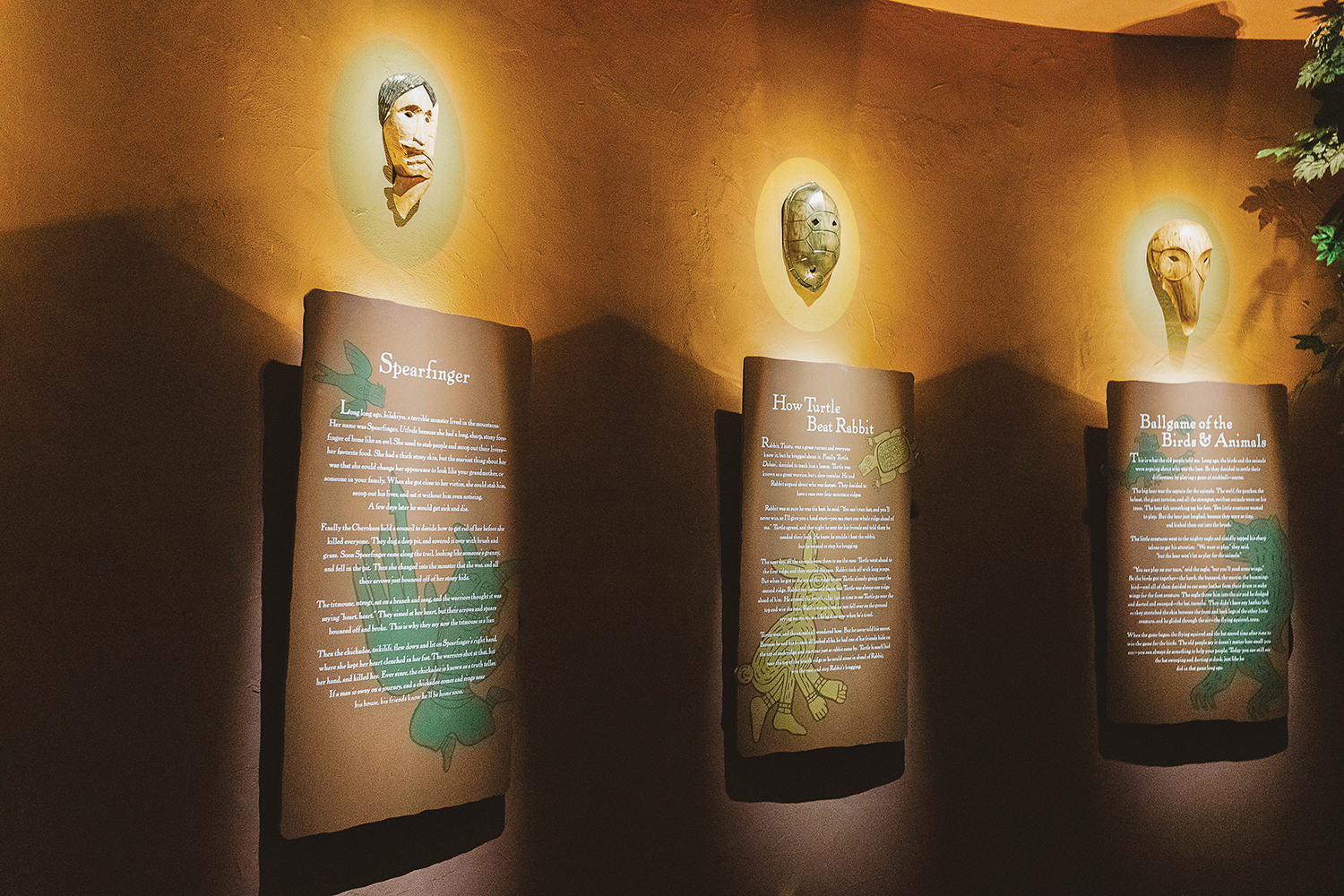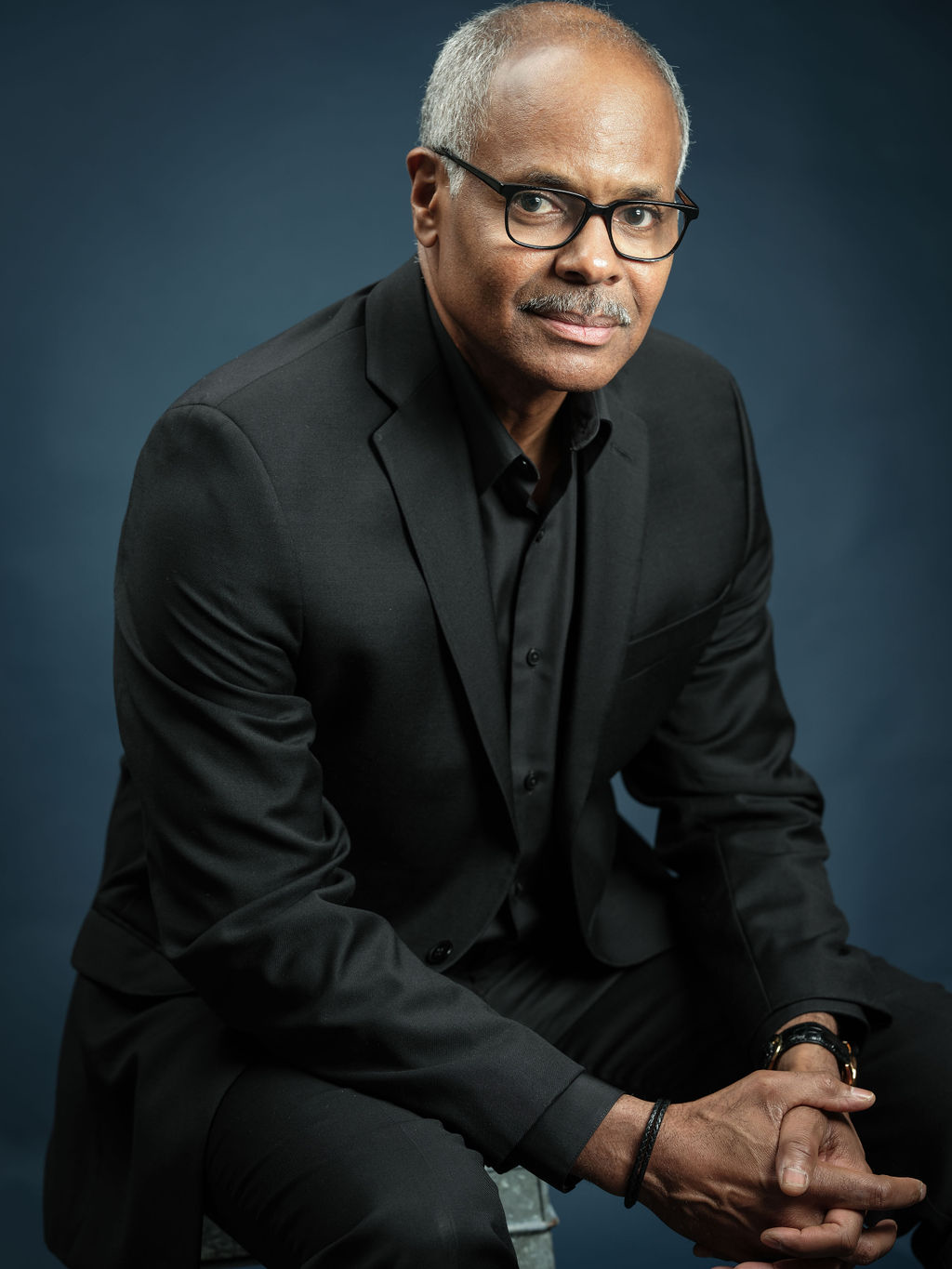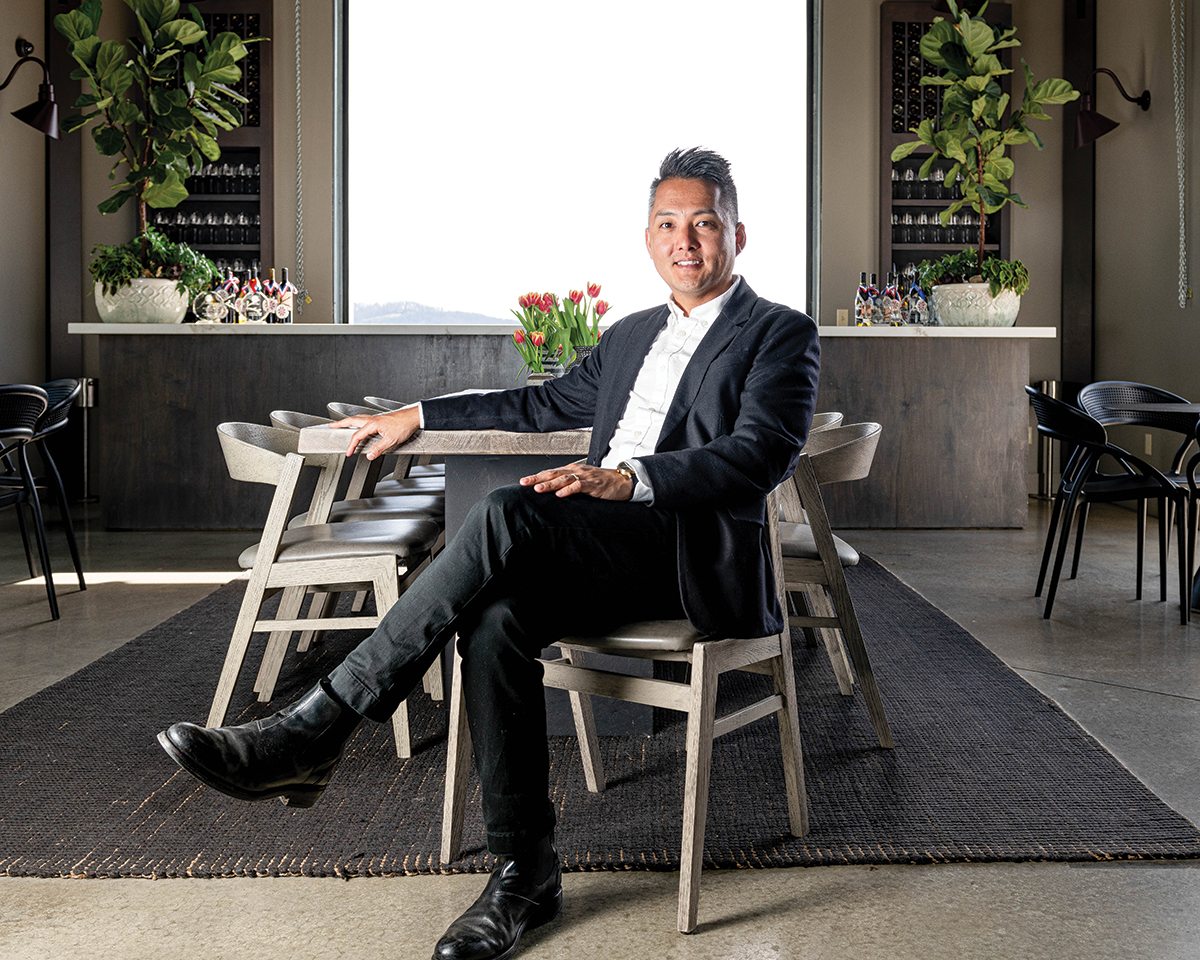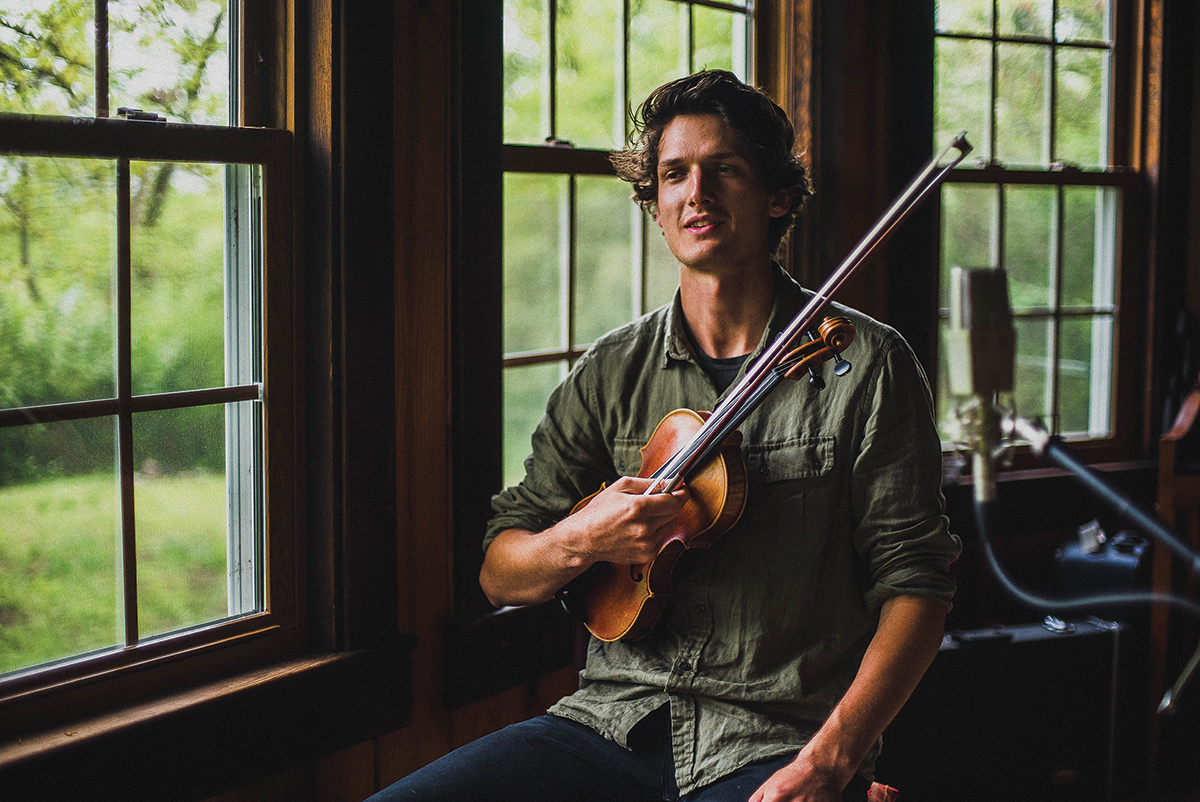
Storytelling is important for “the preservation of the people and the earth,” says Freeman Owle.
Photo by Rachel Pressley
Cherokee storyteller Freeman Owle learned his traditional art when he was about six years old, by listening to his aunts, uncles, and grandparents. He’s been retelling their stories, and his own, for about 30 years. But he wishes he had listened harder as a child.
“I could have become fluent in the Cherokee language,” he acknowledges. “I remember as a child that every time we went to the store people would be speaking it, and my dad would be talking to them.” Speaking and studying Cherokee in public school was prohibited then, and while there’s been a youth-centered revival in recent decades — including immersion programs on the Qualla Boundary and in Robbinsville’s Snowbird community — the language is still considered endangered, with less than 300 elders left who are fluent.
“I do speak conversational Cherokee,” explains Owle, “but I had to learn it on my own, later in life. Now, whenever I do storytelling, I speak some of it. I like to use storytelling as a vehicle to motivate kids to keep the Cherokee language and culture alive.”
Owle is among a group of masterful tale spinners who will convene at the Appalachian Storytelling Extravaganza in Flat Rock this month, in an event sponsored by the Center for Cultural Preservation. Most folks who spin yarn for a vocation work with textiles like wool or cotton. Not so for those who spin yarns out of thin air using only their breath, imagination, and memory.
“Storytelling is something that’s been done for thousands of years, for the preservation of people and the earth,” says Owle. “These days, kids have devices that are used as babysitters. But it’s important to have one-on-one conversations and for young people to hear from their elders. If we don’t, it won’t be done, and they won’t know what they missed out on.”
Michael “Badhair” Williams is another storyteller who’s been at it for decades. He began telling tall tales in fourth grade, when he memorized an Appalachian “Jack Tale” — a folk tradition, specific to the Southern Appalachians, featuring the endless mischief of the eponymous character.
“My teacher would ask me to get up and tell [a Jack Tale] to the class whenever she needed a catnap,” Williams says. Some of them went on for half an hour, and he remembers, “one time she started snoring.” In 1975, Williams began a career of telling, traveling far and wide to entertain audiences from diverse backgrounds. “I’ve spent my almost my entire life doing this, mostly in schools. Telling children about Appalachian culture, and the pioneers who brought it here from Scotland, Ireland, England, Wales, and Africa. And about Native American contributions to our culture.
“Storytelling is a great educational springboard into social studies, history, writing, and oral communication skills.”

Storyteller Freeman Owle – photo by David Weintraub
Appalachian Storytelling Extravaganza with Freeman Owle, Ronnie Pepper, and Michael “Badhair” Williams happens Thursday, March 28, 7-9pm at Blue Ridge Community College’s Bo Thomas Auditorium (180 West Campus Drive, Flat Rock). $15. For more information, contact the Center for Cultural Preservation at 828-692-8062 or see saveculture.org.



